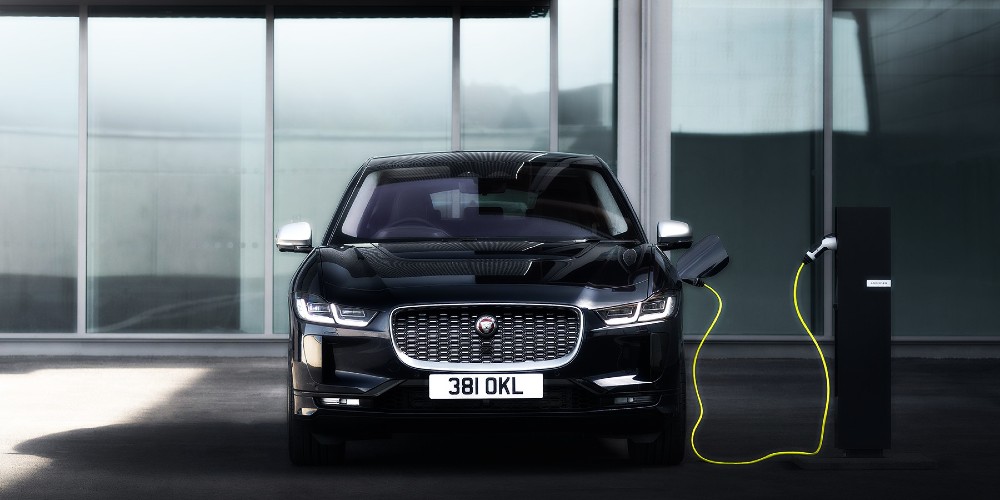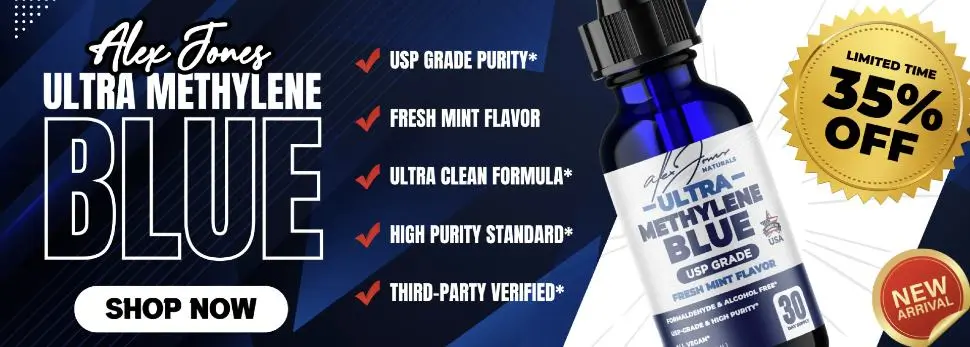British multinational luxury vehicle manufacturer Jaguar Land Rover is recalling nearly 6,400 I-Pace electric crossover SUVs in the U.S. due to the very high risk that their batteries might catch fire when they overheat.
Jaguar’s I-Pace is just the latest electric vehicle plowing the roads and highways of the U.S. recalled due to safety issues. It isn’t even the first to be recalled due to the potential fire hazard of its battery. (Related: Over 1.1 million Tesla electric cars in China RECALLED over dangerous braking defect.)
Jaguar first launched I-Pace in 2018, its first and only supposedly “zero-emission” car model, although it has promised to invest over $18 billion over the next five years to develop and manufacture more EVs, including a brand new electric Jaguar in 2025.
Documents posted on Wednesday, May 31, by the National Highway Traffic Safety Administration (NHTSA) noted that the recall covers I-Pace SUVs with model years from 2019 through 2024.
The NHTSA’s announcement notes that the vehicle’s batteries were made by South Korean tech giant LG Energy Solution, which is currently under investigation by the agency after five other automakers – General Motors, Hyundai, Mercedes-Benz, Stellantis and Volkswagen – issued recalls from February 2020 due to possible defects that could cause stalling or fires.
The probe against the South Korean company began in April 2022 and is covering more than 138,000 electric vehicles that have the company’s lithium-ion batteries installed. They mostly involve internal battery failures that can massively increase the risk of fires.
Jaguar to replace batteries and update battery modulating software
Jaguar noted that its engineering team has not determined whether the battery pack assembly is defective or a cause of reported thermal overloads, but out of an abundance of caution decided to recall the vehicles as a response to the NHTSA’s warning.
An internal investigation found at least eight instances of I-Paces in the U.S. catching fire, but no accidents or injuries, according to a company filing with the NHTSA.
Jaguar, owned by Indian car manufacturing giant Tata Motors, told customers that they should park their I-Paces away from structures until recall repairs are completed. If possible, they should also charge their I-Paces outdoors. Owners with any other concerns or questions are referred to their local dealers.
Jaguar’s plan during the recall is to update the I-Pace’s battery energy control module software either with a dealer or online. Dealers are also instructed to replace battery modules as needed.
LG Energy Solution similarly noted that it is working with Jaguar on the update to the battery-managing software on the affected I-Pace models while the incidents that led to the recall are being investigated.
“LG Energy Solution continues to closely work with our client Jaguar Land Rover to ensure that the investigation is concluded,” the company said in a statement a day after the NHTSA documents were published.
Learn more about the many shortcomings of electric vehicles at FlyingCars.news.
Watch this video from “Wide Awake Media” explaining how electric vehicles are neither safe and effective nor ethical and “green.”
This video is from the channel The Prisoner on Brighteon.com.
More related stories:
- EVs are NOT zero emissions: It takes 500,000 pounds of earth material to build a single 1,000-pound battery.
- Tow American vehicle companies recall over 600 electric trucks due to safety issues.
- When an electric vehicle crashes, even in a minor accident, insurance companies junk the entire car because its battery has to be tossed.
- IMPRISONED: Climate police want EV batteries to have less capacity so electric car owners can’t travel very far.
- Ford halts production and shipping of F-150 Lightning EV due to unspecified battery issue.
Sources include:
Why One Survival Food Company Shines Above the Rest
Let’s be real. “Prepper Food” or “Survival Food” is generally awful. The vast majority of companies that push their cans, bags, or buckets desperately hope that their customers never try them and stick them in the closet or pantry instead. Why? Because if the first time they try them is after the crap hits the fan, they’ll be too shaken to call and complain about the quality.
It’s true. Most long-term storage food is made with the cheapest possible ingredients with limited taste and even less nutritional value. This is why they tout calories so much. Sure, they provide calories but does anyone really want to go into the apocalypse with food their family can’t stand?
This is what prompted the Llewellyns to launch Heaven’s Harvest. They bought survival food from multiple companies and determined they couldn’t imagine being stuck in an extended emergency with such low-quality food. They quickly discovered that freeze drying food for long-term storage doesn’t have to mean sacrificing flavor, consistency, or nutrition.
Their ingredients are all-American. In fact, they’re locally sourced and all-natural! This allows their products to be the highest quality on the market, so good that their customers often break open a bag in a pinch to eat because they want to, not just because they have to due to an emergency.
At Heaven’s Harvest, their only focus is amazing food. They don’t sell bugout bags, solar chargers, or multitools. They have one mission – feeding Americans in times of crisis.
What they DO offer is the ability for people to thrive in times of greatest need. On top of long-term storage food, they offer seeds to help Americans for the truly long-term. They want them to grow their own food if possible which is why they offer only Heirloom, Non-GMO, Non-Hybrid, Open-Pollinated seeds so their customers can build permanent food security on their own property.





There will NEVER be a viable EV market in America or elsewhere. WAKE UP